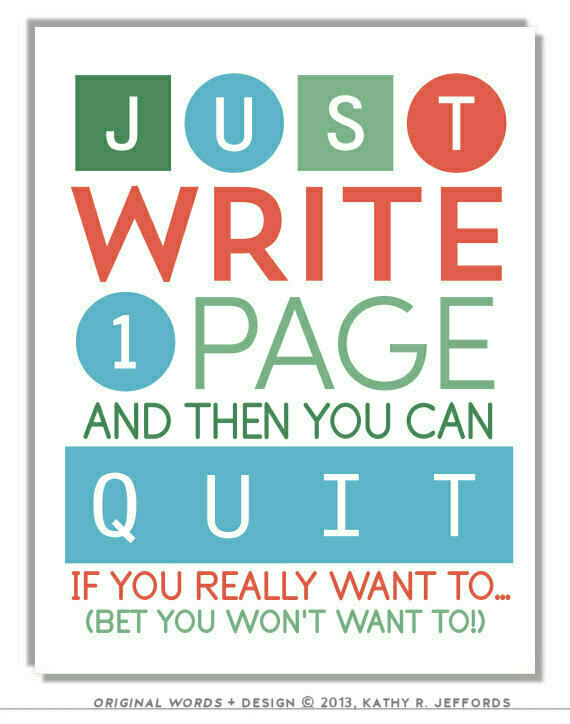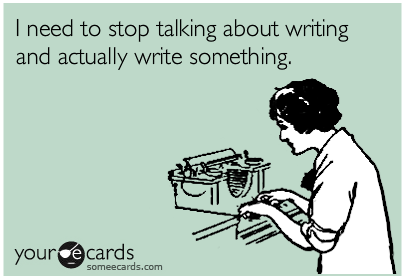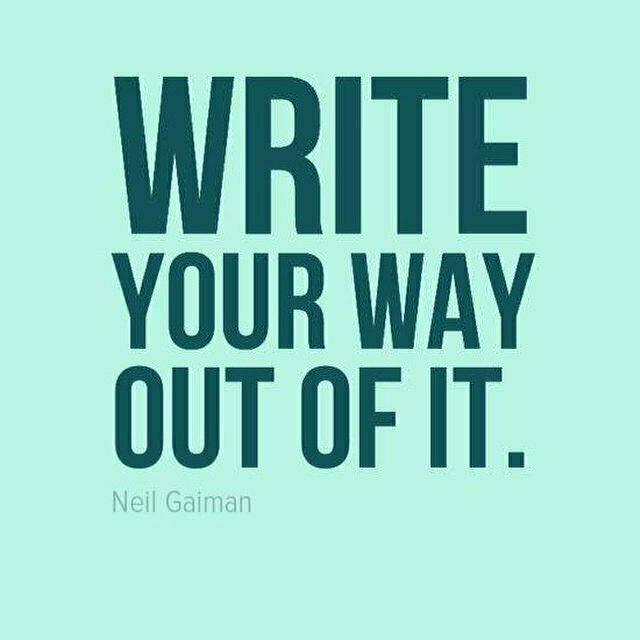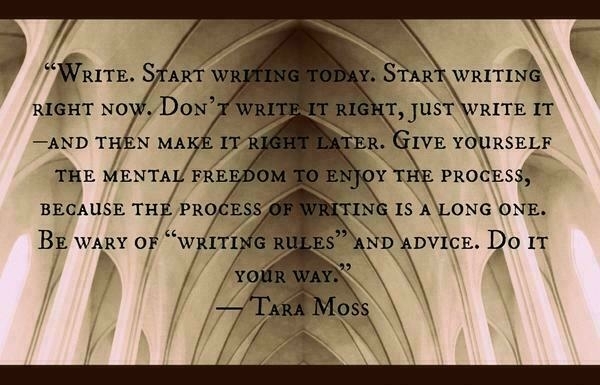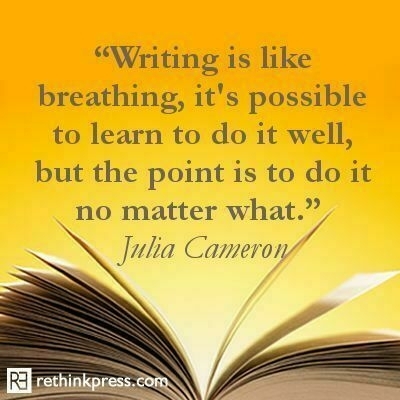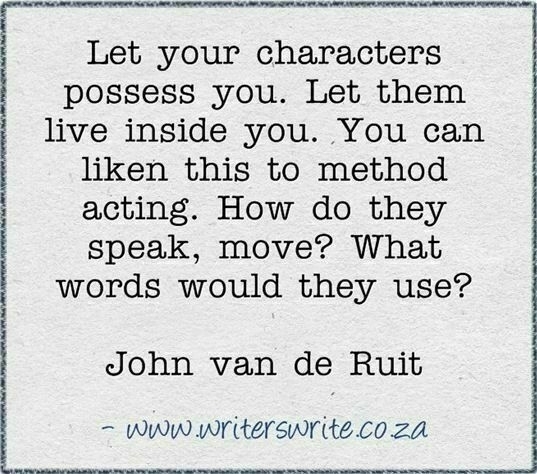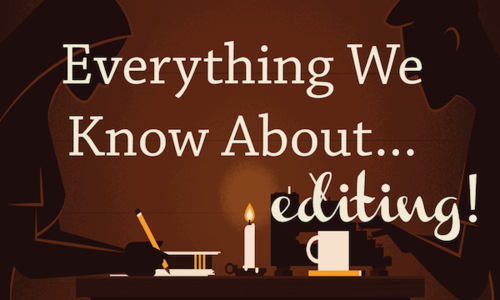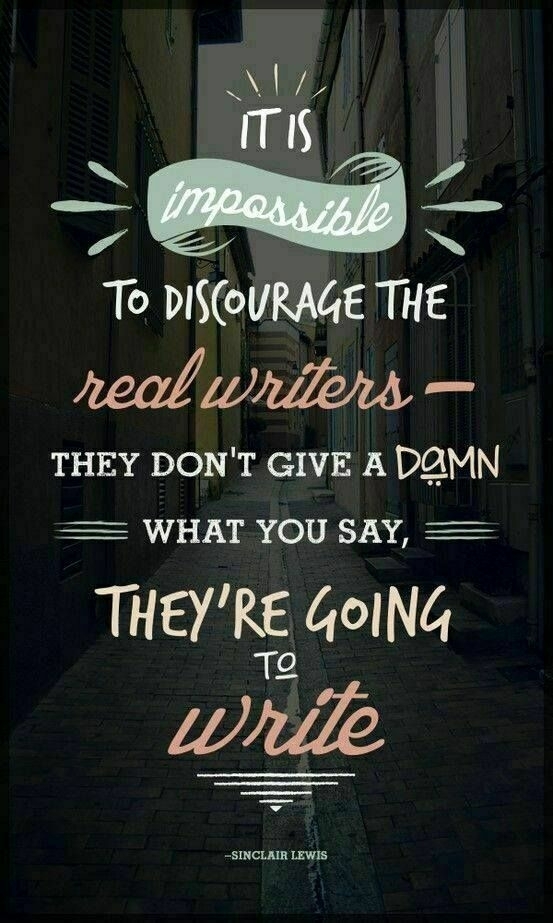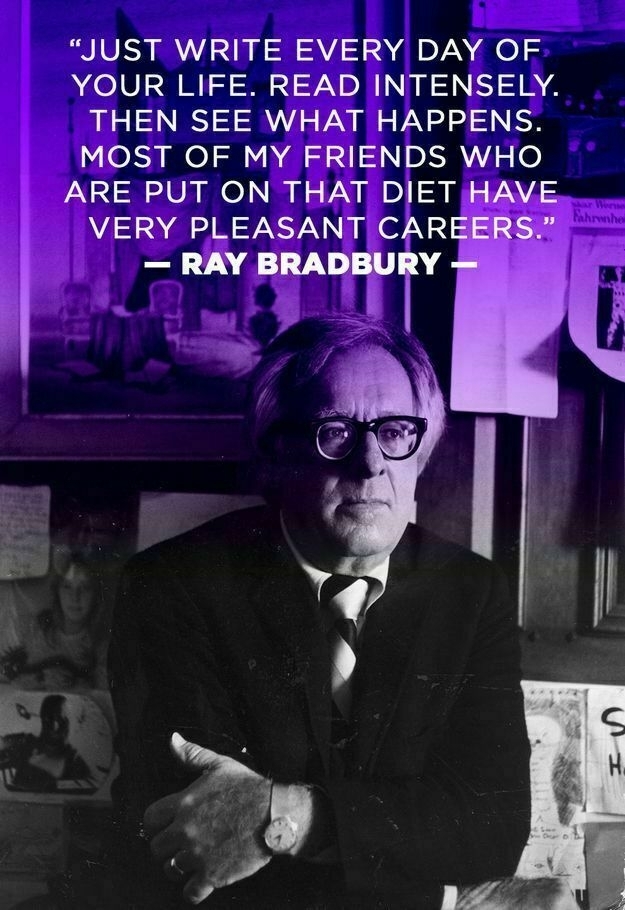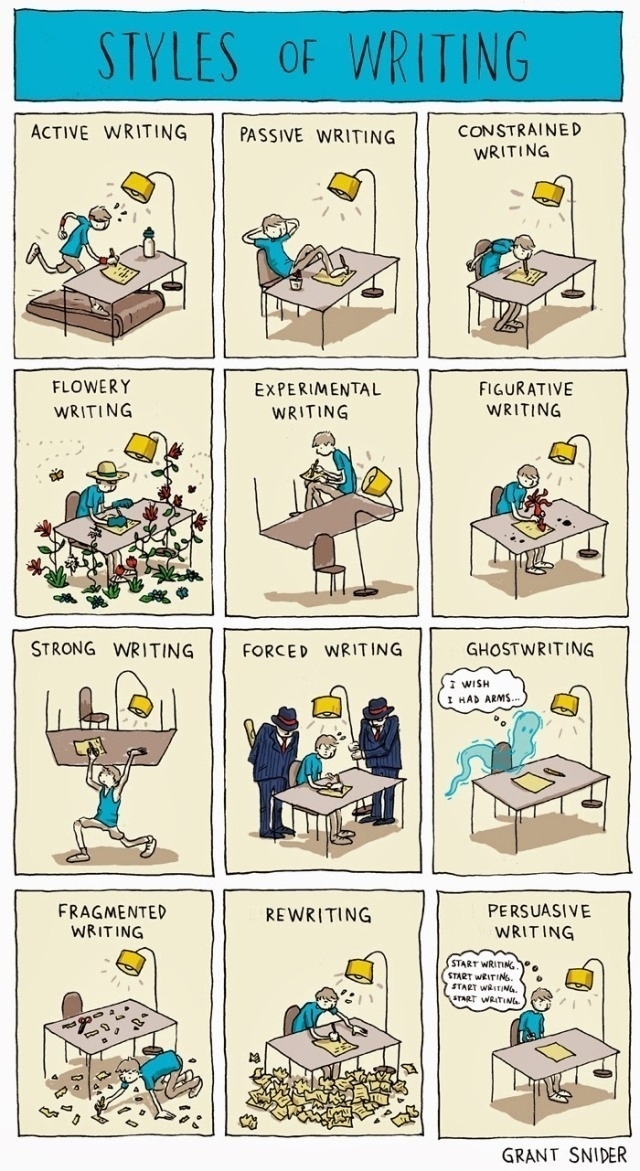Write This Down: Note-Taking Strategies for Academic Success
How to beat procrastination
For me the biggest challenge that I face while trying to write my book is to not get stuck in the middle of the story. Usually I love writing the first few chapters but then all of a sudden it gets…
[gallery]
//Absurdly helpful for people writing royal characters and/or characters who interact with royalty and members of the nobility.
[x]
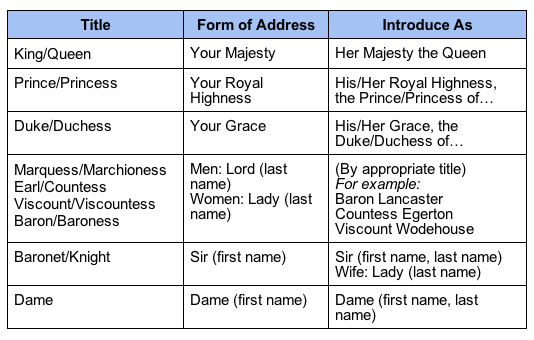
[gallery]
pieissupernatural:
MY WRITING MASTERPOST
I just have a lot of writing tips and masterposts and just stuff in my likes and I decided to put them all into this. All rights goes to the people who made them.
Cool Other Masterposts:
- Writing Specific Characters
- Writing References
- Writing Masterpost
- Character Guides
- Writing Help for Writers
- Ultimate Writing Resource List
- Lots of RP Guides
- Online Writing Resources
- List of Websites to Help You Focus
- Resources for Writing Bio’s
- Helpful Links for Writing Help
- General Writing Resources
- Resources for Biography Writing
- Mental Ilnesses/Disorders Guides
- 8 Words You Should Avoid While Writing
- The Ultimate Writing Masterpost
General:
- The Official Ten-Step Guide to Becoming the Next Gatsby
- The Periodic Table of Storytelling
- Joss Whedon’s Top 10 Writing Tips
- Getting Out of Your Comfort Zone
- 34 Writing Tips that will make you a Better Writer
- 50 Free resources that will improve your writing skills
- 5 ways to get out of the comfort zone and become a stronger writer
- 10 ways to avoid Writing Insecurity
- The Writer’s Guide to Overcoming Insecurity
- The Difference Between Good Writers and Bad Writers
- You’re Not Hemingway - Developing Your Own Style
- 7 Ways to use Brain Science to Hook Readers and Reel them In
- 8 Short Story Tips from Kurt Vonnegut
- How to Show, Not Tell
- 5 Essential Story Ingredients
- How to Write Fiction that grabs your readers from page one
- Why research is important in writing
- Make Your Reader Root for Your Main Character
- Writing Ergonomics (Staying Comfortable Whilst Writing)
- The Importance of Body Language
- Fashion Terminology
- All About Kissing
- Genre Help: Romance
- 187 Mental Illnesses
- Types of Mental Illness
- Eye Color List
- Spectral Groupings
- Do you have trouble creating your titles?
- On being a co-writer || Additional tips on effective co-writing
- The length of a chapter
- How to deal with too many story ideas
- On writing two stories simultaneously || a similar ask
- When a story stops working
- Copyright
- Reading critically for writers
- The question of outlining
- Avoiding publishing scams
- Finding story ideas
- Tips on building a platform [guest blog]
- How much does writing “in genre” matter?
- What a “real writer” is
- Pennames and aliases
- A series of thoughts on series titles
- The self-pub miniseries: the why
- The self-pub miniseries: the what
- Rewriting fanfiction into original fiction
- Formatting long quotes and songs
Characters:
- 10 days of Character Building
- Name Generators
- Name Playground
- Universal Mary Sue Litmus Test
- Seven Common Character Types
- Handling a Cast of Thousands Part 1 - Getting To Know Your Characters
- Web Resources for Developing Characters
- Building Fictional Characters
- Fiction Writer’s Character Chart
- Body Language Cheat
- Body Language Reference Cheat
- Tips for Writers: Body Language
- Types of Crying
- Body Language: Mirroring
- Character Building Workshop
- Tips for Characterization
- Character Chart for Fiction Writers
- Villains are people too but…
- How to Write a Character Bible
- Character Development Exercises
- All Your Characters Talk the Same - And They’re Not A Hivemind!
- Medieval Names Archive
- Sympathy Without Saintliness
- Family Echo (Family Tree Maker)
- Behind The Name
- 100 Character Development Questions for Writers
- Aether’s Character Development Worksheet
- The 12 Common Archetypes
- Six Types of Courageous Characters
- Kazza’s List of Character Secrets - Part 1, Part 2
- Creating Believable Characters With Personality
- Angry
- Bad Asses
- Bitches (2, 3, 4, 5, 6, 7)
- Childishness
- Emotional Detachment
- Flirtatious
- The Girl Next Door
- Introverts (2)
- Mean Persons (2)
- Psychopaths
- Party Girls
- Rich (2)
- Rebels
- Sarcasm
- Serial Killers (2)
- Shyness (2, 3)
- Sluts
- Villains (2)
- Witt
- Body Language Cheat Sheet
- Creating Fictional Characters Series
- Three Ways to Avoid Lazy Character Description
- 7 Rules for Picking Names for Fictional Characters
- Character Development Questionnaire
- How to Create Fictional Characters
- Character Name Resources
- Character Development Template
- Character Development Through Hobbies
- Character Flaws List
- 10 Questions for Creating Believable Characters
- Ari’s Archetype Series
- How to Craft Compelling Characters
- List of 200 Character Traits
- Writing Characters of the Opposite Sex
- Making Your Characters Likable
- Do you really know your characters?
- Character Development: Virtues
- Character Development: Vices
- Character Morality Alignment
- List of Negative Personality Traits
- List of Positive Personality Traits
- List of Emotions - Positive
- List of Emotions - Negative
- Loon’s Character Development Series - Part 1, Part 2, Part 3, Part 4
- Phobia List A-L (Part 1), M-Z (Part 2)
- 30 Day In Depth Character Development Meme
- Words for Emotions based on Severity
- Eight Bad Characters
- High Level Description of the Sixteen Personality Types
- How Not to Write Female Characters
- Writing Female Characters
- How to write empowering female characters
- Why I write strong female characters
- Red Flags for Female Characters Written by Men
- Writing strong female characters
- The Female Character Flowchart
- Eight Heroine Archetypes
- Eight Hero Archetypes
- Help on picking character names
- A tip about realistic characters
- Strategies to create believable characters
- Additional tips on writing PoC characters
- Advice on writing genders
- Creating unstable characters
- Ambiguous Antagonists
- A tidbit on psychological trauma [trigger warnings]
- On writing accents
- What makes characters stick with me
- Sweetening up character description
- Making an introverted character stand out
- Conveying too much or too little character “inner reflection”
- Revealing a character’s asexual orientation
- Revealing a character’s gender & orientation
- A habit of killing characters
- When characters aren’t standing out
- Breaking hearts with character deaths
- Quick tips on expressing character
- Character development versus pacing
- A mini guide to character voice
- A Description Resource
- 55 Words to Describe Someones Voice
- Describing Skin Colors
- Describing a Person: Adding Details
- Emotions Vocabulary
- 90 Words For ‘Looks’
- Be More Descriptive
- Describe a Character’s Look Well
- 100 Words for Facial Expressions
- To Show and Not To Tell
- Words to Describe Facial Expressions
- Describing Clothes
- List of Actions
- Tone, Feelings and Emotions
- Writing A Vampire
- Writing Pansexual Characters
- Writing Characters on the Police Force
- Writing Drunk Characters
- Writing A Manipulative Character
- Writing A Friends With Benefits Relationship
- Writing A Natural Born Leader
- Writing A Flirtatious Character
- Writing A Nice Character
- Fiction Writing Exercises for Creating Villains
- Five Traits to Contribute to an Epic Villain
- Writing Villains that Rock
- Writing British Characters
- How To Write A Character With A Baby
- On Assassin Characters
- Disorders in general (2, 3, 4, 5)
- Attention Deficit Disorder
- Antisocial Personality Disorder
- Anxiety (2, 3, 4, 5)
- Avoidant Personality Disorder
- Alice In Wonderland Syndrome
- Bipolar Disorder (2, 3)
- Cotard Delusions
- Depression (2, 3, 4, 5, 6)
- Eeating Disorders (2, 3)
- Facitious Disorders
- Histrionic Personality Disorder
- Multiple Personality Disorder (2)
- Narcissistic Personality Disorder
- Night Terrors
- Kleptomania (2)
- A Pyromaniac
- Posttraumatic Stress Disorder
- Psychopaths
- Obsessive Compulsive Disorder (2) (3)
- Sex Addiction (2)
- Schizophrenia (2)
- Sociopaths (2)
- Aspergers Syndrome
- Apathy
- Autism
- Someone Blind (2)
- Cancer (2, 3)
- Disability
- Dyslexia
- Muteness (2, 3)
- Stutter
- Actors
- Ballet Dancer (2)
- Christianity
- Foreigners
- Gamblers
- Hinduism
- Hitmen
- Satanism
- Smokers
- Stoners
- Taoism
- Journalists
- Vegetarians
- Alcohol Influence (2, 3, 4, 5)
- Cocaine Influence
- Ecstasy Influence (2)
- Heroin Use
- LSD Influence
- Marijuana Influence (2, 3)
- Opiate Use
Tips on Writing Dialogue:
- It’s Not What They Say…
- Top 8 Tips for Writing Dialogue
- Speaking of Dialogue
- The Great Said Debate
- He Said, She Said, Who Said What?
- How to Write Dialogue Unique to Your Characters
- Writing Dialogue: Go for Realistic, Not Real-Life
Tips on Writing Point of View:
- Establishing The Right Point of View
- How to Start Writing in the Third Person
- The I Problem
Style & Craft of Writing:
- The literary “weak verb”
- Do you have word tics?
- Victoria’s Vitamins: vague descriptive words
- Victoria’s Vitamins: mood
- Breaking writing habits
- Varying sentences
- Describing colors
- Sweetening up character description
- Purple prose
- Grammar is a tricksy thing
- “Smartening” the language of your narrative
- Building suspense and making readers sweat
- A couple tips about description in fast-paced scenes
Content:
- The story of exposition
- 10 ways to hit your reader in the gut
- Make your reader root for your main character
- Make your reader hold their breath
- What’s the big deal about intros?
- A tip about description
- The word count of your manuscript
- Things that make me keep reading
- Choosing ideas and endings
- When to describe setting
- Battling cliches
- Is your story YA, NA, or adult?
- When a plot isn’t strong enough to make a whole story
- Flashbacks with multiple POVs
- Bulking up your word count
- Avoiding cliches
- Conquer that opening line || response || discussion
- Tips on revealing setting awesomely kind of
- Deciding between different ideas for the same story
Revision:
- You’ve finished your manuscript! Now what?
- Revision sucks but doesn’t have to suck
- Where to find beta readers/critique partners
- Tips on taking critique
- Tips on giving critique
- What to do with bad writing advice
- Additional insight on bad writing advice
- Five quick steps to get into revising that manuscript
- When to say you’re done revising
- Beginning the awesome journey of revision
- Friends are not always the best readers
Plot, Structure, & Outline:
- Writing A Novel Using the Snowflake Method
- Effectively Outlining Your Novel
- Conflict and Character Within Story Structure
- Outlining Your Plot
- Ideas, Plots and Using the Premise Sheets
- How To Write A Novel
- Creating Conflict and Sustaining Suspense
- Plunge Right In…Into Your Story, That Is
- Tips for Creating a Compelling Plot
- 36 (plus one) Dramatic Situations
- The Evil Overlord Devises A Plot: Excerpt from Stupid Plot Tricks
- Conflict Test
- What is Conflict?
- Monomyth
- The Hero’s Journey: Summary of Steps
- Outline Your Novel in Thirty Minutes
- Plotting Without Fears
- Novel Outlining 101
- Writing The Perfect Scene
- One-Page Plotting
- The Great Swampy Middle
- How Can You Know What Belongs In Your Book?
- Create A Plot Outline in 8 Easy Steps
- How to Organize and Develop Ideas for Your Novel
- Create Structure in your novel using index cards
- Choosing the best outline method for you
- Hatch’s Plot Bank
Setting & Making Your Own World
- Magical Word Builder’s Guide
- I Love The End Of The World
- World Building 101
- The Art of Description: Eight Tips to Help Bring Your Settings to Life
- Creating the Perfect Setting - Part 1
- Creating a Believable World
- Setting
- Character and Setting Interactions
- Maps Workshop - Developing the Fictional World Through Mapping
- World Builders Project
- How To Create Fantasy Worlds
- Creating Fantasy and Science Fiction Worlds
Helpful Tools & Software:
- Tip Of My Tongue - Find the word you’re looking for
- Write or Die - Stay motivated
- Stay Focused - Tool for Chrome, lock yourself out of distracting websites
- My Writing Nook - Online Text Editor, Free
- Bubbl.us - Online Mind Map Application, Free
- Family Echo - Online Family Tree Maker, Free
- Freemind - Mind Map Application; Free; Windows, Mac, Linux, Portable
- Xmind - Mind Map Application; Free; Windows, Mac, Linux, Portable
- Liquid Story Binder - Novel Organization and Writing Application; free trial, $45.95; Windows, Portable
- Scrivener - Novel Organization and Writing Application; free trial, $39.95; Mac
- SuperNotecard - Novel Organization and Writing Application; free trial, $29; Windows, Mac, Linux, portable
- yWriter - Novel Organization and Writing Application; free; Windows, Linux, portable
- JDarkRoom - Minimalist Text Editing Application; free; Windows, Mac, Linux, portable
- AutoRealm - Map Creation Application; free; Windows, Linux with Wine
Grammer & Revision:
- How To Rewrite
- Editing Recipe
- Cliche Finder
- Revising Your Novel: Read What You’ve Written
- Writing 101: Revising A Novel
- 20 Common Grammar Mistakes That (Almost) Everyone Makes
- Synonyms for the Most Commonly Used Words of the English Language
- Grammar Urban Legends
- Words Instead of Walk (2)
- Commonly Confused Adjectives
- A Guide on Punctuation
- Common Writing Mistakes
- 25 Synoms for ‘Expession’
- How to: Avoid Misusing Variations of Words
- Words to Keep Inside Your Pocket
- The 13 Trickiest Grammar Hang-Ups
- Other Ways to Say..
- Proofreading
- 300+ Sophiscated and Underused Words
- List of Misused Words
- Words for Sex
- 100 Beautiful and Ugly Words
- Words to Use More Often
- Alternatives for ‘Smile’ or ‘Laugh’
- Three Self Editing Tips
- Words to Use Instead of ‘Walk’, ‘Said’, ‘Happy’ and ‘Sad’
- Synonyms for Common Words
- Alternatives for ‘Smile’
- Transitional Words
- The Many Faces and Meanings of ‘Said’
- Synonyms for ‘Wrote’
- A Case Of She Said, She Said
Creativity Boosters:
- *Creative Writing Prompts
- *Ink Provoking
- *Story Starter
- *Story Spinner
- *Story Kitchen
- *Language is a Virus
- *The Dabbling Mum
- Quick Story Idea Generator
- Solve Your Problems By Simply Saying Them Out Loud
- Busting Your Writing Rut
- Creative Acceleration: 11 Tips To Engineer A Productive Flow
- Writing Inspiration, Or Sex on a Bicycle
- The Seven Major Beginner Mistakes
- Complete Your First Book with these 9 Simple Writing Habits
- Free Association, Active Imagination, Twilight Imaging
- Random Book Title Generator
- Finishing Your Novel
- Story Starters & Idea Generators
- Words to Use More Often
- How to: Cure Writer’s Block
- Some Tips on Writer’s Block
- Got Writer’s Block?
- 6 Ways to Beat Writer’s Block
- Tips for Dealing With Writer’s Block
Improvement:
- Improve Your Writing Habits Now
- 5 Ways to Add Sparkle to Your Writing
- Getting Over Roleplaying Insecurities
- Improve Your Paras
- Why the Right Word Choices Result in Better Writing
- 4 Ways To Have Confidence in Your Writing
- Writing Better Than You Normally Do
- How’s My Driving?
Motivation:
- Backhanding procrastination
- On habits and taking care of yourself || Response
- More troubles with writing motivation
- The inner critic and ways to fight it
- The writing life is hard on us
- For troubles with starting your story
- Writing to be published
- “You’re a writer, will you write this for me?”
- Writing a story that’s doomed to suck
- Writing stamina builds slowly
- When depression goes and writing goes with it
- Additional inner critic strategies
- Tips on conquering NaNoWriMo (or any project, really)
- You will change as a writer
- Ways to keep writing while in school
- 13 quick tips when you’re starting your novel
- First draft blues
- Getting in your own way
Writing an Application:
- How to: Make That Application Your Bitch
- How to: Make Your App Better
- How to: Submit a Flawless Audition
- 10 Tips for Applying
- Para Sample Ideas
- 5 Tips on Writing an IC Para Sample
- Writing an IC Sample Without Escaping From the Bio
- How to: Create a Worthy IC Para Sample
- How to: Write an Impressive Para Sample
- How to: Lengthen Short Para’s
Prompts:
- Drabble Stuff
- Prompts List
- Writing Prompts
- Drabble Prompts
- How to Get Into Character
- Writing Challenges/Prompts
- A Study in Writing Prompts for RPs
- Para Prompts & Ideas
- Writing Prompts for Journal Entries
- A List of Para Starters
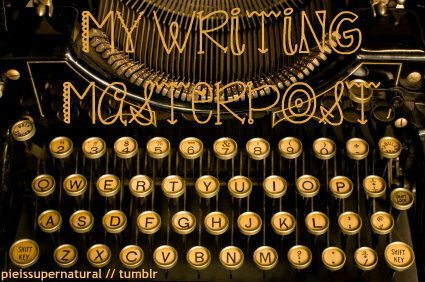
[gallery]
There’s no shortage of essays on writing out there. Authors, poets, scholars and other creative voices spend years devoted to their art - it’d be crazy (and our loss) if they never took a moment to talk about the why and how. These five essays are available to read online for free, and they’re exceptionally useful and inspiring for young and aspiring writers.
Despite Tough Guys, Life Is Not the Only School for Real Novelists by Kurt Vonnegut Jr.
This one is short, but it’s an important topic. When you read a lot of writing by the creative geniuses of the past - the ‘tough guys’, as Vonnegut calls them - like Hemingway who learned and crafted their voice through living, learning to write your own stories from classes (and from guides and advice online) can seem less honest or worthwhile. Vonnegut strikes that thought down. “The primary benefit of practicing any art, whether well or badly,” he writes, “is that it enables one’s soul to grow.”Why I Write by Joan Didion
“In many ways writing is the act of saying I, of imposing oneself upon other people, of saying listen to me, see it my way, change your mind. It’s an aggressive, even a hostile act,” This essay by the author of The Year of Magical Thinking starts, “You can disguise its qualifiers and tentative subjunctives, with ellipses and evasions—with the whole manner of intimating rather than claiming, of alluding rather than stating—but there’s no getting around the fact that setting words on paper is the tactic of a secret bully, an invasion, an imposition of the writer’s sensibility on the reader’s most private space.“ Written in the 70s, the rest of the essay covers some of the barest truths about storytelling and why we do what what we do, centered around the idea that we write novels to find the answers we ask ourselves.Fail Better by Zadie Smith
In the tradition of the two essays before it, Fail Better talks about what it means to write and what you’re asking for from yourself (and the reader) when you do. Zadie Smith discusses failure as a concept for novelists, and the indeterminate “they” we can fall into traps trying to please. Smith’s most powerful insight comes when she breaks down the connection between the author and the reader, and the reader’s responsibility: “Readers fail when they allow themselves to believe the old mantra that fiction is the thing you relate to and writers the amenable people you seek out when you want to have your own version of the world confirmed and reinforced. That is certainly one of the many things fiction can do, but it’s a conjurer’s trick within a far deeper magic. To become better readers and writers we have to ask of each other a little bit more."Where do you get your ideas? by Neil Gaiman
Neil Gaiman’s writing advice isn’t hard to come by. Thanks to the internet and the author’s willingness to embrace social media, you can find nuggets of wisdom doled out by the American Gods author from essays to tumblr asks on Gaiman’s blog. In it, he talks about every writer’s worst nightmare: “My idea of hell is a blank sheet of paper. Or a blank screen. And me, staring at it, unable to think of a single thing worth saying, a single character that people could believe in, a single story that hasn’t been told before. ”Not-Knowing by Donald Barthelme
“The not-knowing is crucial to art, is what permits art to be made,” Barthelme, author of The Dead Father, writes, “Without the scanning process engendered by not-knowing, without the possibility of having the mind move in unanticipated directions, there would be no invention.” Barthelme’s mastery of words is clear in this essay. Famous for his playful post-modern style, he leads you through his concept of the art from the very first line (one that defines our site and mission, for all its simplicity) - “Let us suppose someone is writing a story."For more advice and resources on writing and lit, follow us on twitter or at the site.

AP vs. Chicago
“A guide comparing Associated Press style and Chicago style for editors, writers, teachers, students, word nerds, and anyone else who gives a dollar sign, ampersand, exclamation point, and pound sign about style.”
This. Is. Everything.
[gallery]
This one goes out to all the aspiring writers out there during Children’s Book Week. Don’t forget that you have the power to write your own stories, too! http://powells.us/1qzVd8b
I will always love The Mouse and the Motorcycle.
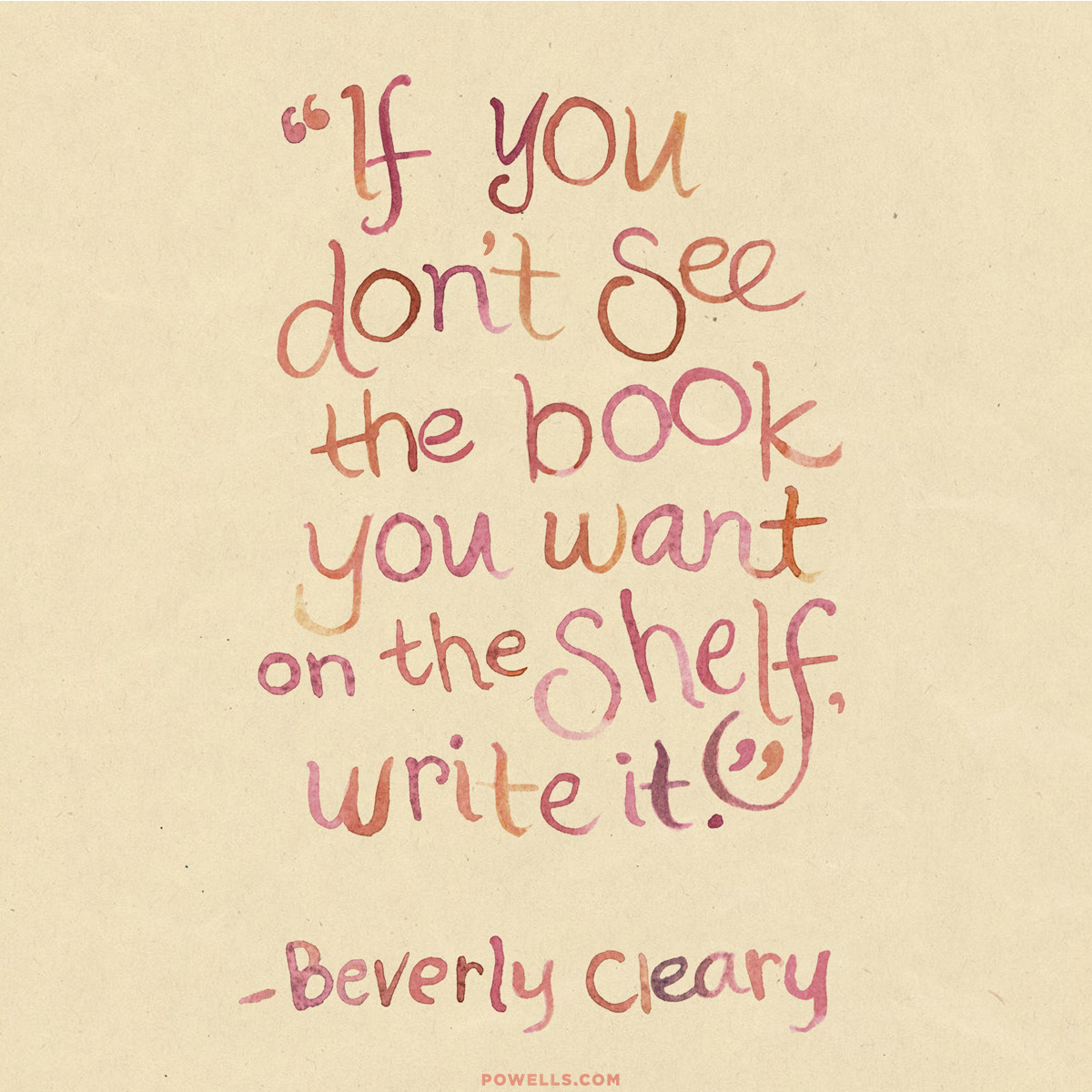
Everything We Know About...Editing!
Everything We Know About...Editing!
Are you tackling a writing project that isn’t a brand-spanking new novel during Camp NaNoWriMo? Good news! We’re compiling lists of everything we know about nonfiction, editing, and scripts. We revisit editing while it’s fresh in our minds from the “Now What?” Months…
For future reference.
8 Points to Consider When You Name Your Book
8 Points to Consider When You Name Your Book
“The title you give it will have a life of its own. It is the first thing a reader will notice. You need to think about agents and editors, plot and characters, the reader, and market trends.”
- It should suit your genre.
- It must have something to do with the plot.
- It should be easy to…
PEBKAC: Finales, Friendships, and the Future
This column originally appeared in the May 2012 issue of About This Particular Macintosh.
Thus, we arrive at the end of the road. Two constants in life are change and death, and this is a bit of both for the staff of About This Particular Macintosh. This is our final issue. As Michael stated in the publisher’s letter, the site will remain, offering a glimpse to future Mac users into what our computing world was like from 1995–2012, at least from the perspective of this handful of real-world users.
It is because of this handful of real-world users that this has been a difficult column to write. To be honest, this has been a difficult issue to edit. As noted elsewhere, for many of us, working on ATPM has been a lengthy relationship. For me, this is the second-longest relationship I’ve had, behind my marriage, which is only six years older than my time here on staff. The people here at ATPM are my friends, and while that aspect will not change for us in the foreseeable future, there is still a sadness about the end of the thing which brought us together in the first place.
Looking back on the 14 years I’ve been on staff, my colleagues and I have shared in marriages, deaths in families, children born and adopted, new jobs, new ventures, entirely new careers, moves, and even an appearance on a nationally televised prime-time game show. Despite most of us having never met in person, it’s been quite remarkable how much life we’ve done together.
Eric Blair holds the distinction as the first ATPM staffer I ever met in person. I was in New York for a Macworld Expo, and Eric took the train down from Boston for a day. Former managing editor Daniel Chvatik was the next staffer I met. I have long referred to Tom Iovino as my “birthday paisano.” For myriad Web-related questions, I’ve got a scrappy Tasmanian to call upon in Raena Armitage, on the other side of the world. More than one of our online chats has begun with my asking, “So how’s tomorrow going?” I’ve watched, virtually, of course, as Grant Osborne partnered with friends to launch a company and a Web site they were truly passionate about.
The first time I met our publisher and fearless leader, Michael was picking me up at the airport in Connecticut, so the two of us could attend Rob Leitao’s wedding. So many of Rob and Sandy’s families marveled at the two guys “Rob knew through the Internet” being at his wedding, but for us, it was a no-brainer. The three of us had grown close in the virtual world, and we wanted to celebrate this joyous occasion with our friend. I will never forget the arcade in Rob’s mom’s basement, or going through the Danbury Railway Museum with Michael. A couple of years later, when my family found itself vacationing in New England, Michael spent a day showing us around parts of New Hampshire and Vermont.
I’m sure if we pulled out 14-year-old e-mails and chat logs we could figure it out, but my own memory fails to reveal exactly how Lee Bennett and I began our road to friendship. But it’s through 14 years of e-mails and chats that Lee became my best friend in the online world. So much so that when a work convention brought him to the Dallas area, he carved out an evening to come visit us at our home. And there was the day spent with us at Disney World a couple of years after that. And when it came time to try out FaceTime, Lee was the first person I called. So when, two years ago, he told me he was getting married, my wife, after being informed, only asked “So what day do you think you’re going to fly out?”
And as if enough of the staff weren’t becoming friends over time, we imported our non-ATPM friends to contribute. Daniel’s friend Jens Grabenstein contributed reviews and desktop pictures in the early part of the 2000s, and “came back” last year with another desktop picture set. I once interviewed my font-creating friend Dan Bailey. I recruited my pal Tom Bridge to write for us, and local friend Kevin Rossen as well.
While I am proud of every issue I’ve worked on these past 14 years, what I take away from ATPM as we close the door on monthly publishing is so much greater than the sum of all of those. Five, ten years from now, I’m sure I won’t remember most of what we published. But I know the friendships I have made through being part of this amazing publication will endure, and flourish. And as we close this door on part of our past, that’s a future I look forward to.
[gallery]
Like my Marketing teacher once said: and the most important rule is to never follow rules.
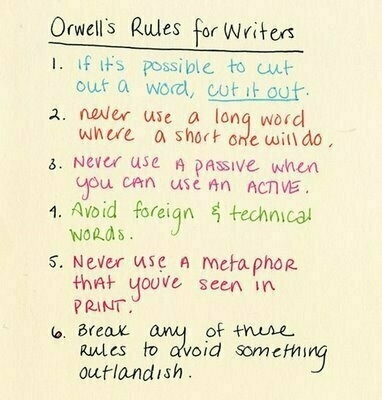
The first duty of the novelist is to entertain. It is a moral duty. People who read your books are sick, sad, traveling, in the hospital waiting room while someone is dying. Books are written by the alone for the alone.
Donna Tartt, author of The Secret History (via writewild)
No pressure or anything.
Building your story: The Set-up
Building your story: The Set-up
I don’t know how you guys start writing a novel(s) - but I’m the kind of person who gets an idea, loves it and then just jumps headfirst into the writing process. The problem with this kind of process is that it’s messy. Chaotic. It may be fun while you’re at it, but as soon as you re-read what…
Ten questions to ask a friend who just read your novel
Ten questions to ask a friend who just read your novel
Found this article. Found it incredibly helpful. Be sure to go read the full story, but these are the ten questions the author (Lydia Netzer) covers in it:
1. At what point did you feel like “Ah, now the story has really begun!”
2. What were the points where you found yourself skimming?
3. Which setting in the book was clearest to you as you were reading it? Which do you remember the best?
4. Which character would you most like to meet and get to know?
5. What was the most suspenseful moment in the book?
6. If you had to pick one character to get rid of, who would you axe?
7. Was there a situation in the novel that reminded you of something in your own life?
8. Where did you stop reading, the first time you cracked open the manuscript? (Can show you where your first dull part is, and help you fix your pacing.)
9. What was the last book you read, before this? And what did you think of it? (This can put their comments in context in surprising ways, when you find out what their general interests are. It might surprise you.)
10. Finish this sentence: “I kept reading because…”Some of this could be easily adapted into roleplay critiques, though it’s primary use is, of course, novel writing.
How do you know if your idea for a book is a bad idea or not before you start writing? I don't want to get 20,000 words in and realize there's a major loophole in my plot or it's just overall a terrible book.
- Constantly work on the plot. While writing, you’re going to come across ideas and realizations that will make it better. Don’t let those go by for the sake of finishing; if you have to go back and edit them in, do it. It’ll help you out immensely.
- Get feedback. You don’t have to show anybody your rough drafts, but it will help a lot to find that group of friends to ask about plot ideas or just brainstorm with. Sometimes it can be tricky to find the right group - not all of your friends will really know what kind of things you like to right - but it can help a lot.
- Take breaks. When you feel like shit about your story, don’t force it. Take some downtime. Do some other things to help you relax. The ideas will come and help you fix it.
- Ask questions. To avoid plotholes, ask questions (how did this happen? Is that explained in the book?) To avoid terribleness, ask yourself questions about what in your book excites you. Focus on that! If you really like it, chances are other people will too.

